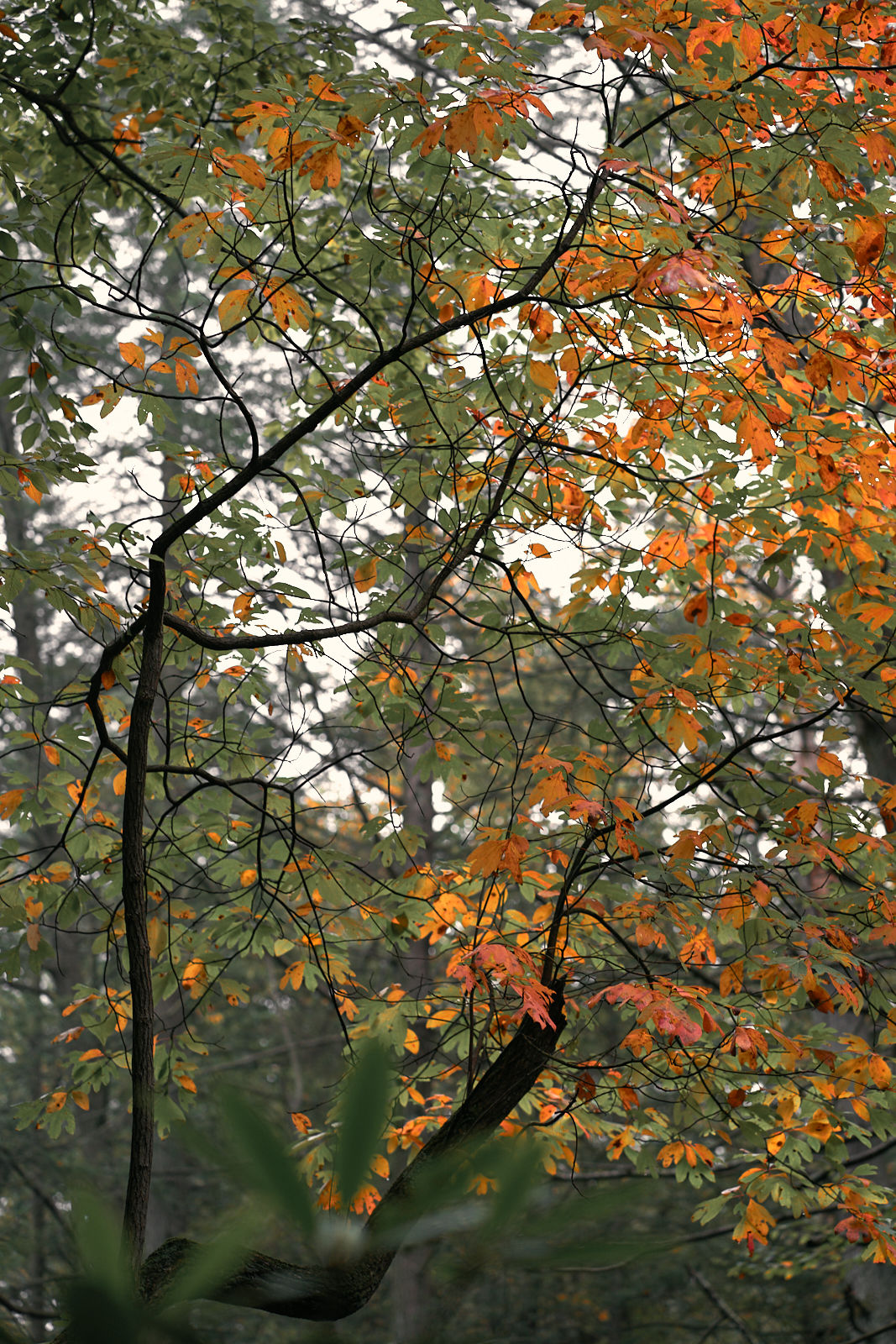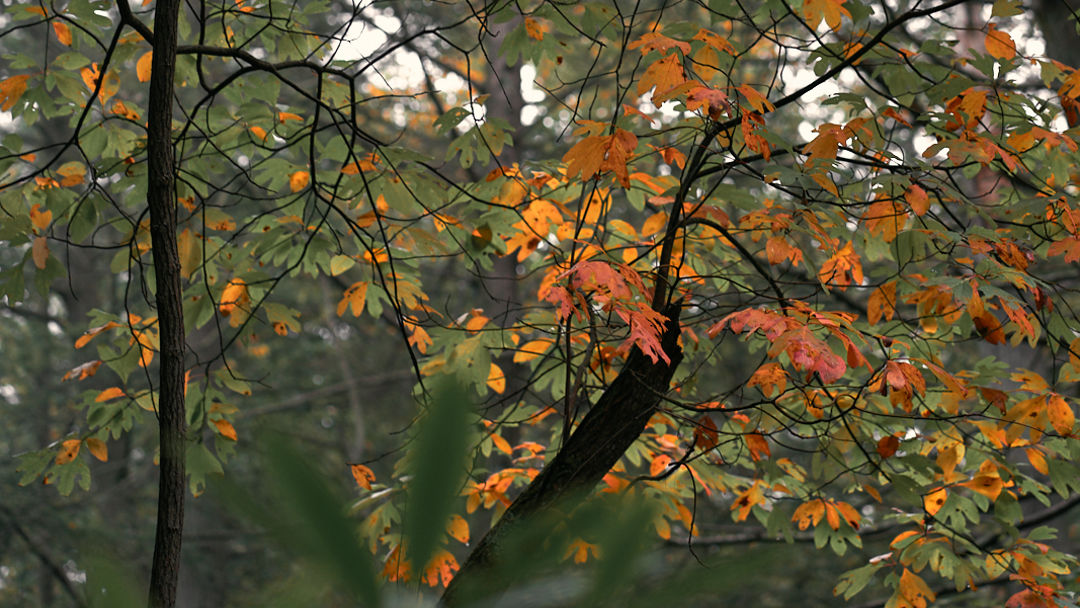
We’ve all seen those landscape photos that make us stop scrolling, the Milky Way rips through the dark sky while the perfectly lit and contrasted stream bubbles around the tack-sharp rocks. They are on all accounts perfect and undoubtedly require immense amounts of skill to produce. But for me, they are a little too perfect. Before you jump to conclusions, this is not a criticism of perfect post-production, but an entryway into the topic of its possible effects on the end viewers.
I am by no means a #nofilter kind of guy. I post-process all of my photos. I have no delusion that the images in my camera are anything more than clumsy, digital scaled replicas of the moment the shutter was open. I realize it is a finger pointing to the moon, not the moon. A reminder of the moment, not the moment. The feeling a photograph evokes is as much about the now as it is about the then.
But what are the long term effects of people seeing landscapes their eyes can never see. Not because they won’t travel there, but because the photograph is a reproduction of what the mind saw, not what the eyes saw. The pervasive perfection holds the potential to set unrealistic expectations for our future and to decrease of appreciation for what is seen in the present. The same can be said about all realms of photography, but I believe landscapes & portraits could be the most damaging to our day to day perceptions.
That’s why, while I post-process by my photos, I do so with a natural intent. The goal of my photography is to have people notice the beauty they would have otherwise walked passed, not to show them something they can never witness for themselves. But like I said, this is just my opinion and how I frame things.
And now you know my why. At least one of them anyways.
